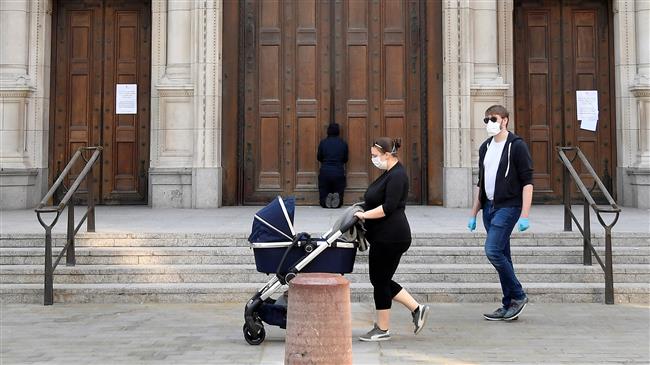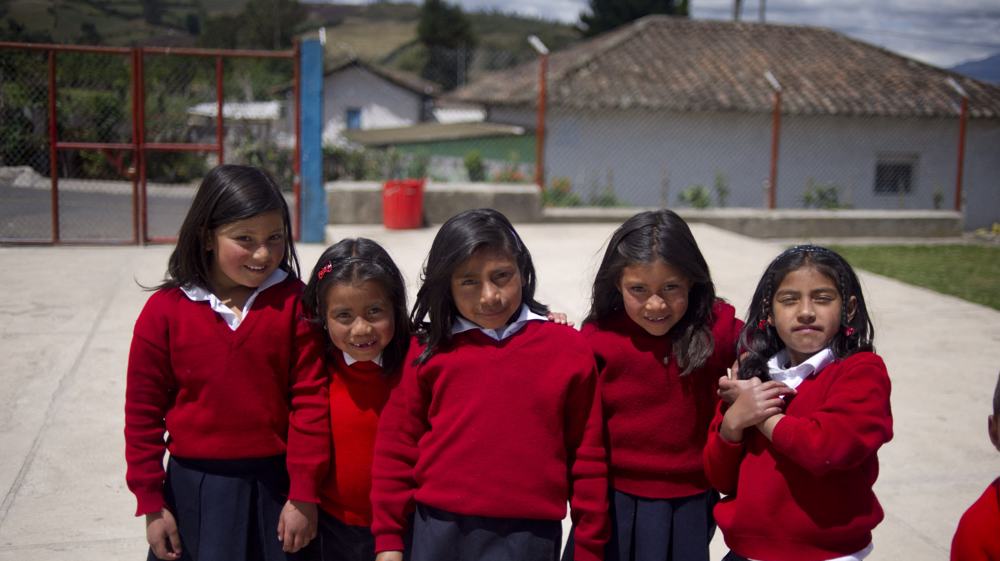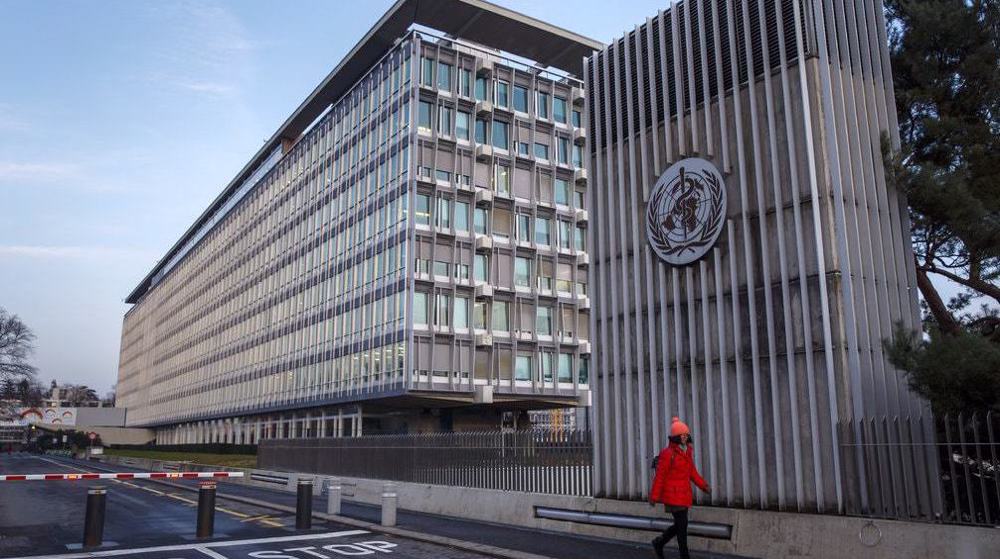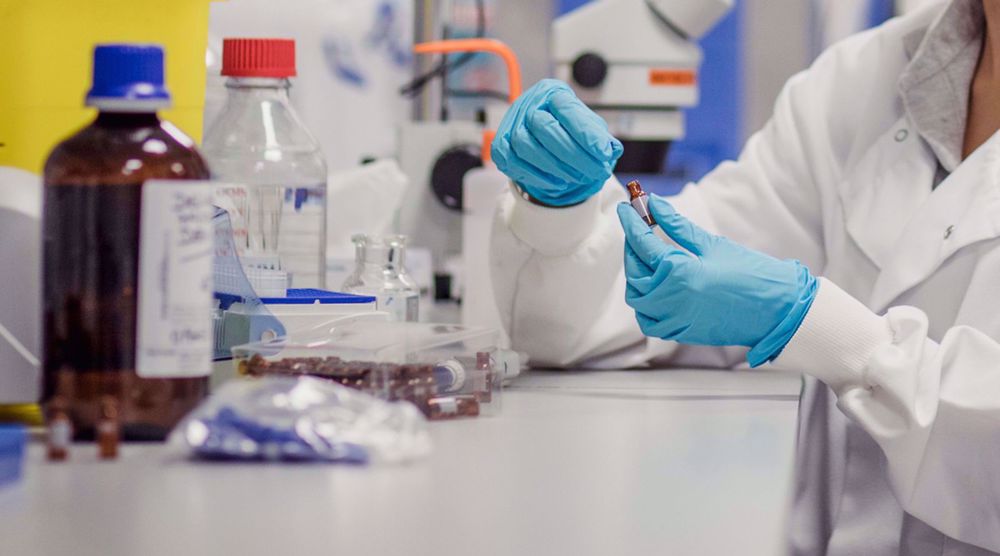UK could be worst-hit country in Europe as COVID-19 death toll passes 10,000
The United Kingdom is likely to be among the European countries worst affected by the coronavirus, one of the government's senior scientific advisers, Sir Jeremy Farrar, has said as the COVID-19 death toll passes the 10,000 mark.
The warning came as Matt Hancock, the health secretary, confirmed that some 737 people had died in hospital from the virus, making the UK the fifth country to register 10,000 deaths from the virus, having reached 10,612 on Sunday.
Hancock told the daily Downing Street briefing, “Today marks a somber day in the impact of this disease as we join the list of countries who have seen more than 10,000 deaths related to coronavirus.
“The fact that over 10,000 people have now lost their lives to this invisible killer demonstrates just how serious this coronavirus is and why the national effort that everyone is engaged in is so important.”
Farrar, director of the Wellcome Trust, had previously warned that the UK could end up with the worst coronavirus death rate in Europe.
Currently, Italy has the highest number of deaths of any European country - with more than 19,000 deaths - followed by Spain, France and the UK, according to data compiled by Johns Hopkins University.
“Numbers in the UK have continued to go up,” Farrar told the BBC’s Andrew Marr Show. “And yes, the UK is likely to be certainly one of the worst, if not the worst affected country in Europe.”
When questioned regarding the prediction, the Health Secretary said the “future of this virus is unknowable” and that there had been “a flattening of the curve” due to the majority of the public observing social distancing measures.
Hancock has come under fire to apologize to frontline NHS staff over the lack of adequate Personal Protective Equipment, PPE, for health workers.
The Royal College of Nursing issued new guidance to its members, urging them to refuse to treat patients as a “last resort” if appropriate PPE was not available.
Asked whether he would apologize to medics “who are being put in that impossible position”, Hancock did not answer directly, instead saying, “We are working night and day to make sure that we get the right PPE.
“The thing I want to do is pay tribute to the unbelievable of a huge number of people to get to the position where we are in now, which is improving, but we won’t rest until we get there.”
Hancock said it was “impossible” to commit to a date for all frontline staff to have the protective equipment they need, despite insisting “record” amounts of kit were in the system.
Meanwhile, British Prime Minister Boris Johnson paid an emotional tribute to the NHS staff who saved his life as he battled the disease at St Thomas’ Hospital, in London singling out Jenny, a nurse from New Zealand, and Luis, from Portugal, for particular praise, who were at his bedside during his three days in intensive care.
The premier said it was “hard to find the words to express my debt” to the medics who saved him, adding, “The reason my body started to get enough oxygen was because for every second of the night they were watching and they were thinking and they were caring and making the interventions I needed.
“So that is how I also know that across this country, 24 hours a day, for every second of every hour, there are hundreds of thousands of NHS staff who are acting with the same care and thought and precision as Jenny and Luis.”
Johnson, following advice from his doctors, will not return to work immediately but will be moving to Chequers, where he will convalesce.
Dominic Raab, the foreign secretary, is acting as stand-in prime minister while Johnson recovers.
FM: Iran stands firm on rights, enters talks with US ‘in good faith’
VIDEO | Northern Morocco braces for flooding amid heavy rain
#IR47: How 1979 Islamic Revolution reshaped women’s role in Iran's medical sector
US pursues ‘neither war, nor peace’ strategy to sustain pressure on Iran: Ex-diplomat
VIDEO | Iranian family mourns father killed in foreign-backed violence
VIDEO | Pakistan observes Kashmir Solidarity Day
VIDEO | Cultural exhibition in India marks 47 years of Iran’s Islamic Revolution
VIDEO | Pakistan pushes indigenous defense industry as global buyers seek alternatives












 This makes it easy to access the Press TV website
This makes it easy to access the Press TV website